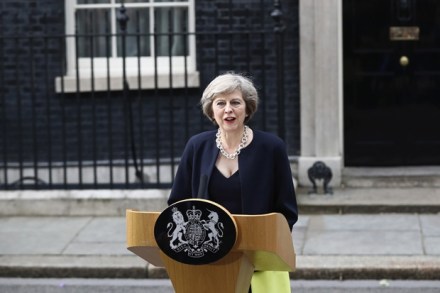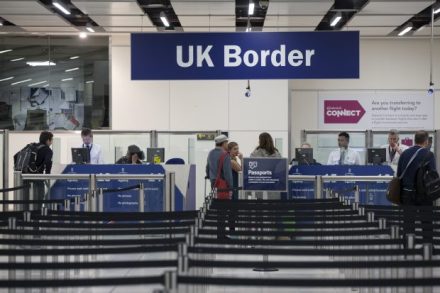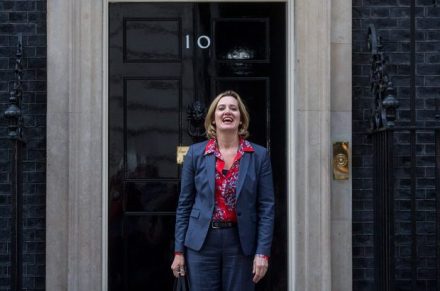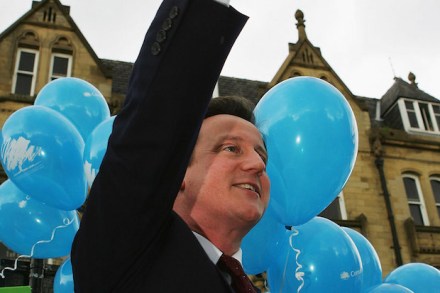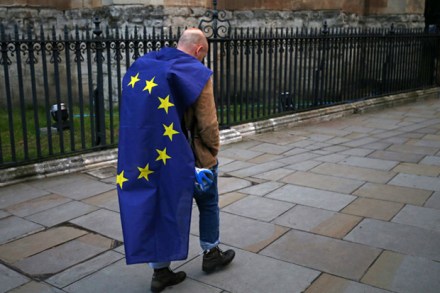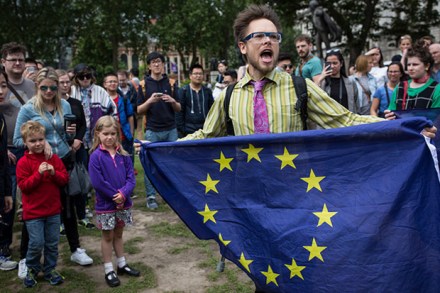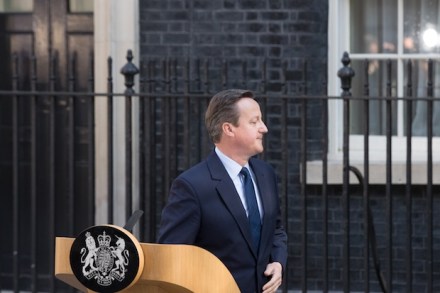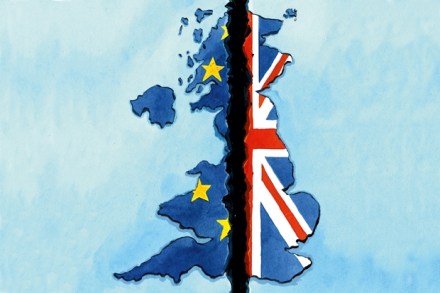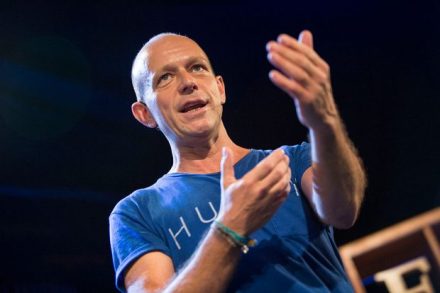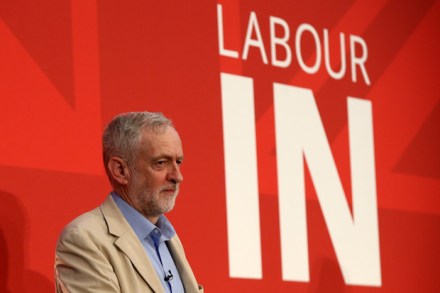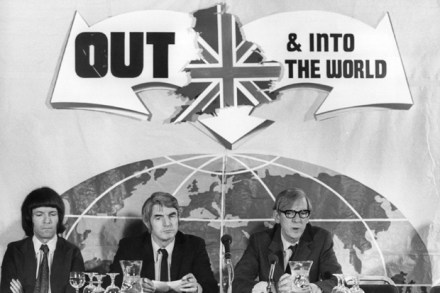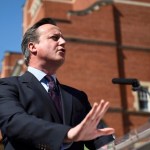The Spectator podcast: The Swedish model. How not to welcome refugees
For a certain type of social democrat, no country gets them quite as hot and bothered as Sweden. As Toby Livendell writes in this week’s Spectator cover story, Sweden has long regarded itself as a humanitarian superpower, taking in 650,000 asylum seekers in the last 15 years. But by far the biggest issue is integration. And this was brought to stark British attention last week when a Birmingham schoolboy was murdered with a grenade in Gothenburg. So, what has gone wrong in Sweden? To answer that question, Lara Prendergast is joined on the Spectator podcast by Fraser Nelson and Ivar Arpi. Ivar says: ‘Basically the Swedish idealism ran into a




